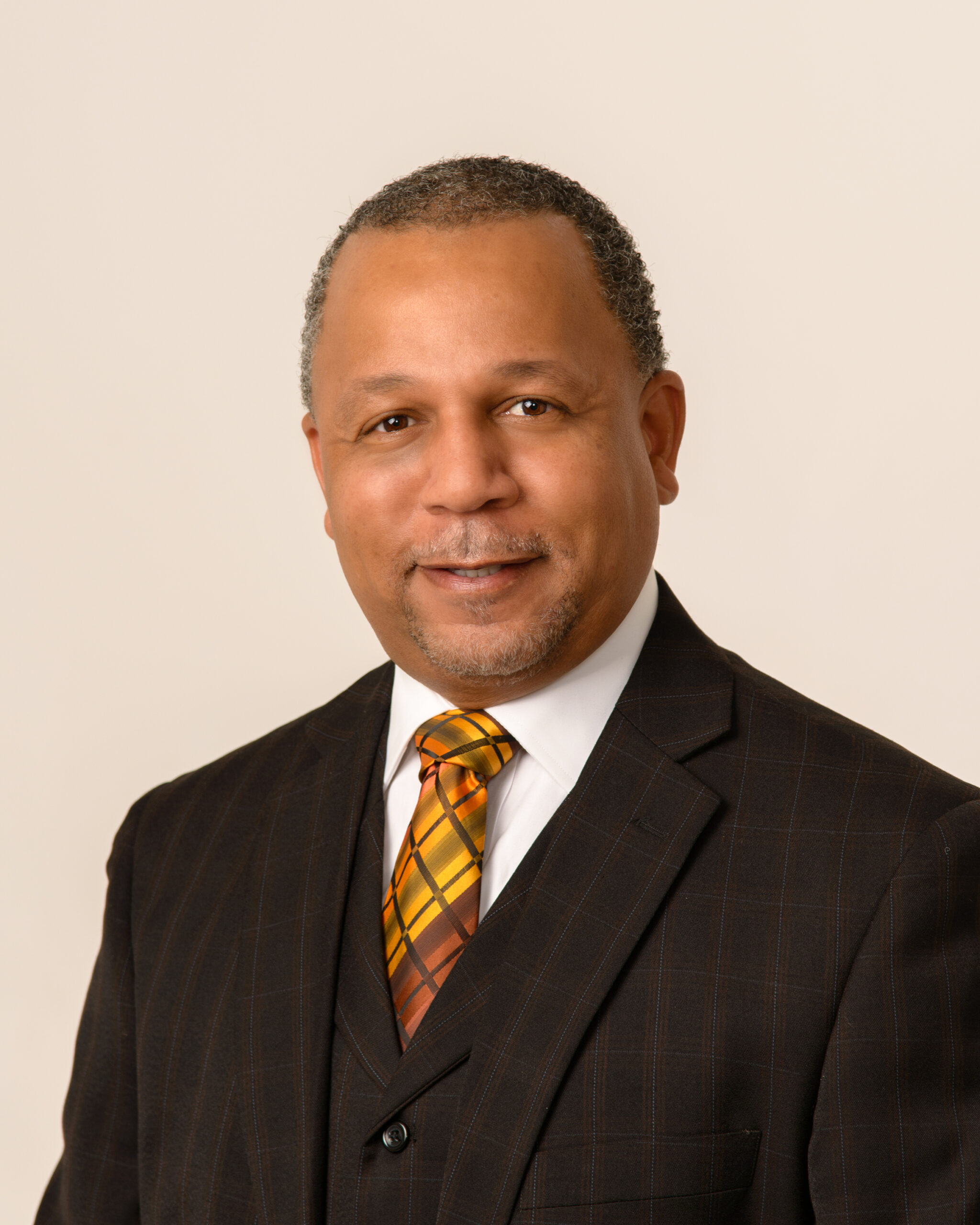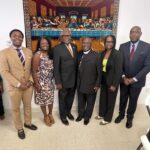Willing to Serve
Rev. Moses Simms
The first public announcement of my desire to serve the Church as a Bishop was in March of 2014. For almost 10 years on this campaign trail, I have often been asked why I want to be a Bishop. My response is, I want to serve the people. For me, ministry has always been about serving God and God’s people by utilizing the gifts and skills that I have gained from my experiences.
I want to serve as a Bishop because I believe that God has allowed me to go through these experiences in preparation to serve the people and the community. This includes my experience as a manager for over 15 years, my experience in the Office of Sponsored Programs at Southern University, Baton Rouge, where I was responsible for tracking and managing over $20 million dollars in federal funding. My undergraduate degree in Electronics Engineering has helped me to gain problem solving skills, and my experience as a manager helped me to explore ventures from a business perspective. These perspectives afford me the opportunity to utilize and implement business best practices in the ministry context.
Churches need resources, both physical and financial, to meet the needs of the people and communities served. This has forced the church to view our approach to ministry in a different way. On average, statistics show that people only give 3 to 5 percent of their income towards charitable donations, inclusive of Christians. Based on this data, churches face difficulties meeting their financial obligations and meeting the needs of the people from the resources given by the members of our congregations. In other words, the contributions given by the members are insufficient to do the work of the church. There may be many reasons why members do not give more, such as the lack of transparency and accountability. However, I believe that we do not have a money problem, I believe that we have a trust problem. There are resources beyond the church, that if we prove ourselves to be trustworthy, will allow us to forge relationships with other entities to broaden our funding streams.
My years of experience have taught me that to overcome a trust issue, we must gain the respect of those whom we lead. I have realized that people don’t trust those that they don’t respect. I have also learned that respect isn’t given, it is earned. This is why I have worked hard to earn and maintain the respect of those that I have the privilege to serve, both as a pastor and a manager. The approach that has worked for me both in and outside of the church has been through three principles: transparency, integrity, and accountability.
Transparency in decisions and financial matters allows officers to understand the challenges that we face. Transparency provides the officers with an opportunity to share their concerns, an opportunity to be a part of the decision-making process, and it gives them a better understanding of our approach to addressing these challenges. For me, integrity is keeping your word and being consistent with what you say and what you do. One of the first things that I share with a congregation is that part of my responsibility is to hold them accountable and that part of their responsibility is to hold me accountable. I also share that no one is above the law and that as stewards of God in the local setting, God expects us to be accountable.
These principles have helped me to gain the respect and trust of those whom I have served, which has made me an effective pastor. I firmly believe that these principles will enable me to be an effective bishop. Utilizing these principles, I was able to partner with a bank that provided a $3.7 million line of credit at zero percent interest to develop a multimillion-dollar affordable housing project. This project was designed to provide affordable housing to members and others in the community, while generating outside resources for other projects, through the separate non-profit arm of the local church. This was accomplished by partnering with a local bank with whom we developed a relationship and because of our integrity, they trusted us to do what was right with the funds. This relationship also led the church to purchase one of their former branches for less than 50% of its appraised value.
This venture was led by a 50-member congregation, with limited reach and resources; however, as a bishop, I would have more leverage and a larger platform to have a greater impact and access to more resources to help local churches. Helping local churches become financially sound with resources beyond the tithe would position them to be more ministry focused and to meet the needs of the people and community. However, this approach was effective by being inclusive, bringing the people to the table where everyone has a voice. This empowered lay persons to utilize their gifts, education, background, and expertise to meet the needs of the community.
All of us have a call on our lives. We believe in the priesthood of all believers. There are no greater or lesser callings. The only limits that we have are self-imposed and based on our willingness to surrender to the will of God. When we allow God to use us, we become vessels of honor that God anoints us to become.
We are greater together; it will take all of us working together to make the African Methodist Episcopal Church her best self. This can only be accomplished when everyone who is willing to serve and every Episcopal District has a seat at the table.





